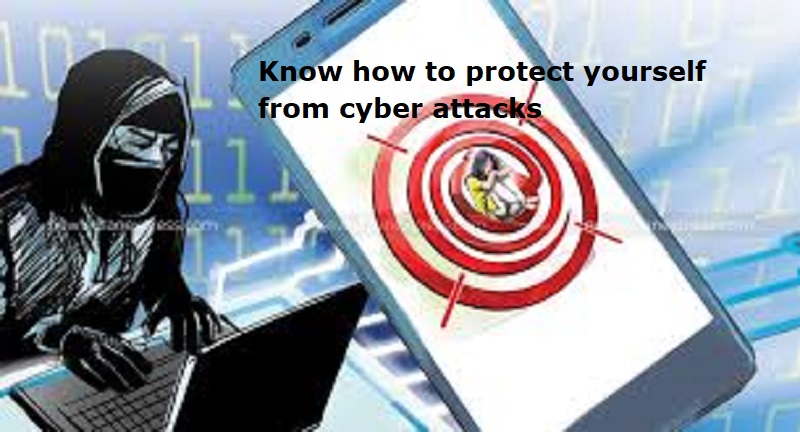
Mumbai: According to the quarterly data from global security company Kaspersky, 22.9 percent of web users in India were targeted by web-borne threats. Additionally, about 20.1 percent of users were susceptible to local threats during the same period.
Malware remains a major threat to the users in India. . Kaspersky reported that its web security solutions blocked 12,454,797 unique Internet-borne cyber threats during the January-March period. Additionally, it detected and blocked 16,751,049 local incidents on computers during the same period.
Steps to protect yourself from various cyber threats:
Phishing Attacks:
Never share sensitive information such as bank details, your mother’s maiden name, or your date of birth on any website, even if it appears to be a legitimate bank site. Always log into your Net banking account through the official bank’s URL only.
Vishing Scams (Phone-based Frauds):
Avoid entertaining calls from strangers, especially those claiming to renew insurance policies or offering deals that sound too good to be true. Never share banking details over the phone with anyone, including any kind of OTP.
Also Read: Indian Railways extends service of these special trains: Full list
Smishing Frauds (Text Message Scams):
Be vigilant of text messages you receive and never trust any SMS claiming that you have won lotteries or urging you to dial a provided number. Do not call the numbers shared in unsolicited text messages, as it can easily lead to your bank details being compromised.
Social media frauds:
Avoid sharing personal photos, intimate video calls, or banking details with virtual acquaintances. Also, do not send money to someone you meet online.
Sextortion (sexual content on video calls):
Avoid accepting video calls from unknown numbers. Always cover your device’s camera when receiving calls from unknown numbers, even if you are chatting online with friends. Hackers and scammers may use your front camera to record you at any time.
Online trading frauds:
Always verify physical objects before exchanging money. Be cautious of QR code payments. Always verify account details before making payments.
SIM swapping scams:
Never submit photocopies of your identification documents without proper authentication. If your SIM is unexpectedly blocked, contact your telecom service provider immediately.

Post Your Comments